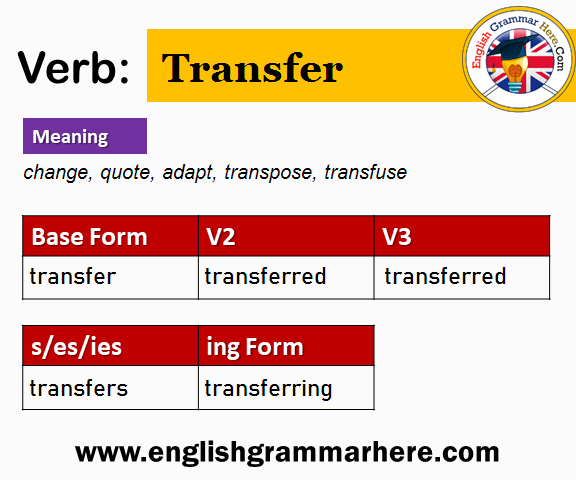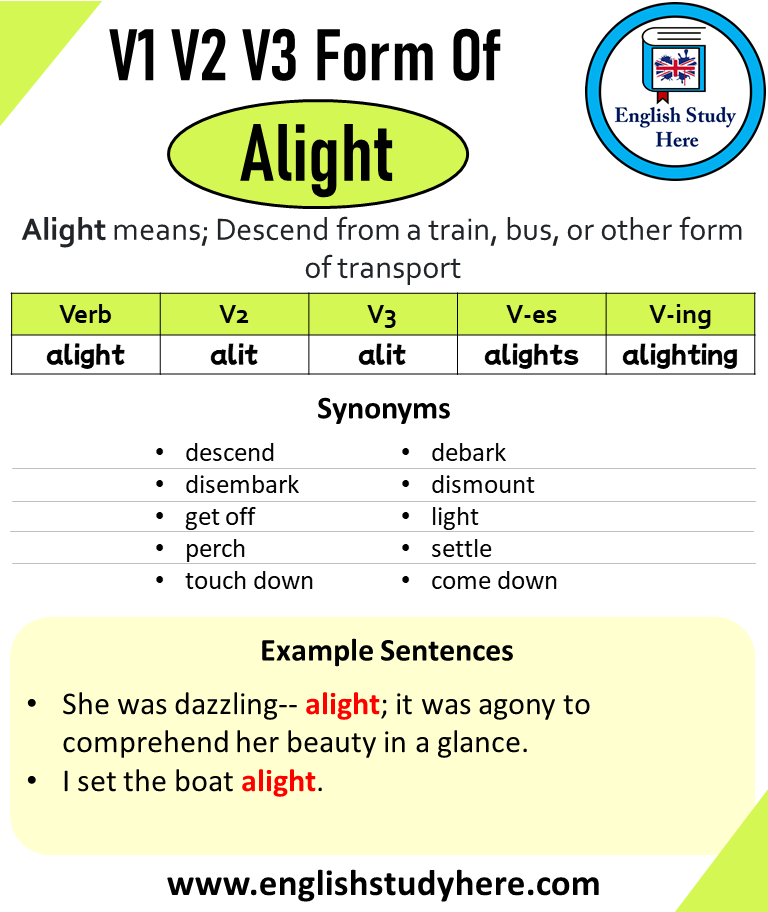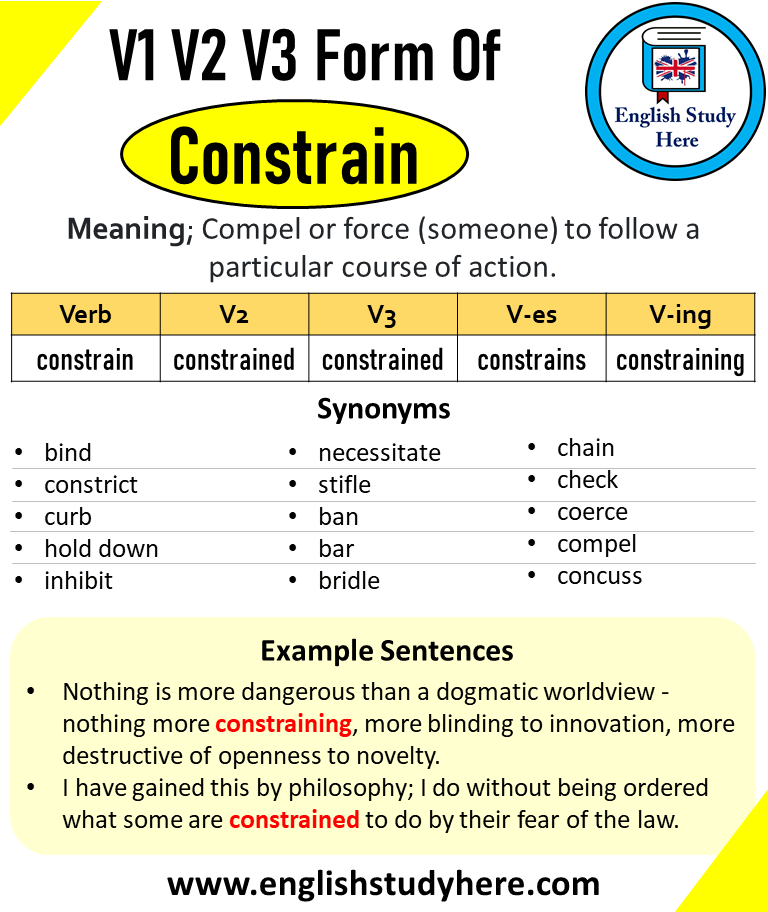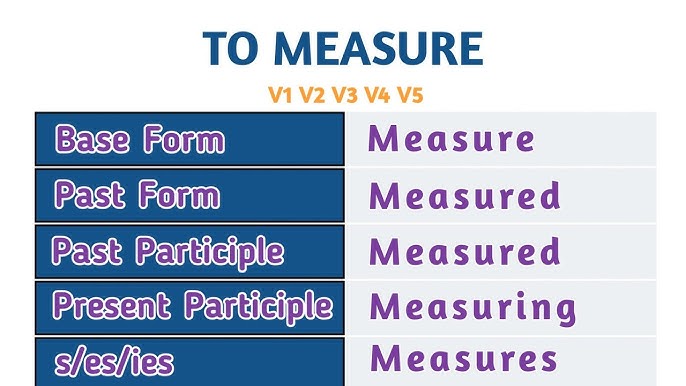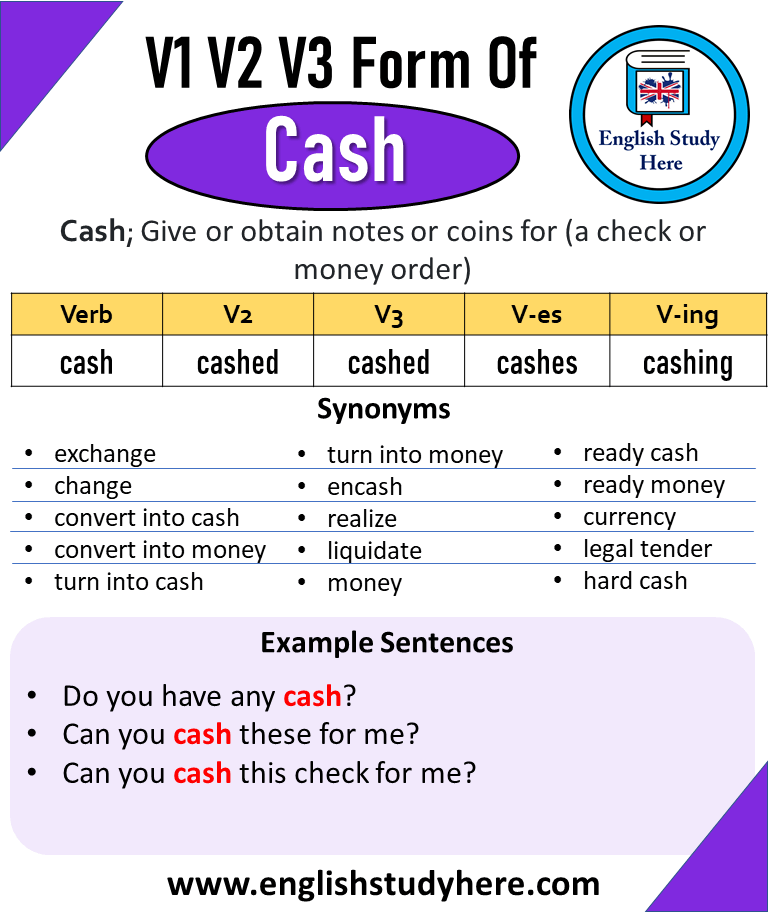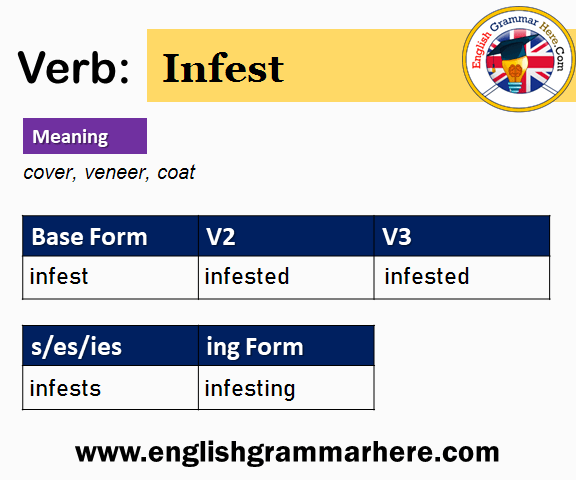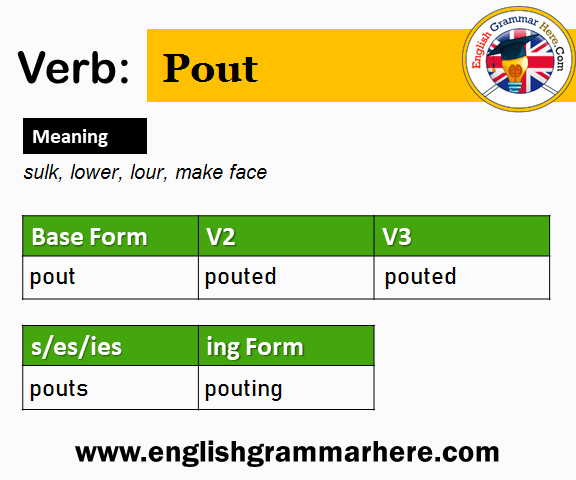Transfer Past And Past Participle Form V1 V2 V3 V4 V5 Form of Transfer
Are you struggling to master the English language’s intricacies, particularly when it comes to verbs? You’re not alone.
Understanding the past and past participle forms of verbs like “transfer” can be challenging. However, grasping these concepts is crucial for clear communication. Imagine the confidence you’ll feel when you accurately use every form of “transfer” in your writing and conversations.
In this guide, we will unravel the different forms of “transfer,” from its base form (V1) to its complex participle forms (V2, V3, V4, V5). You’ll discover simple explanations and practical examples to help you understand and remember each form effortlessly. By the end of this article, you’ll have the tools you need to enhance your English skills and make your writing more precise and effective. Ready to take your language skills to the next level? Let’s dive in!
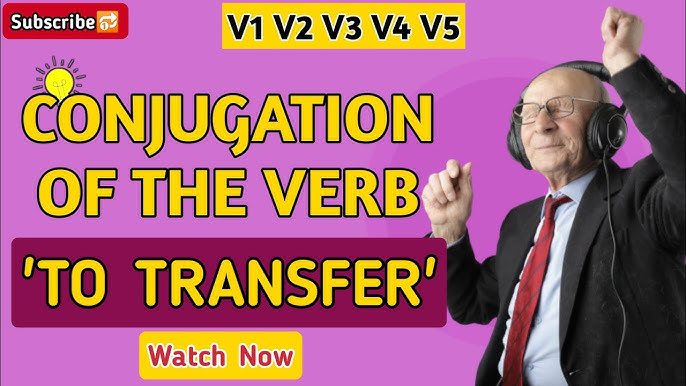
Credit: www.youtube.com
Transfer In Different Tenses
The word transferchanges based on time. In the past, it is transferred. For example, “She transferredschools last year.” In present, it stays transfer. For instance, “They transfermoney every month.” Future tense adds “will,” like “He will transfersoon.”
Continuous tenses show ongoing actions. In past continuous, use “was” or “were.” Example: “She was transferringdata yesterday.” Present continuous uses “is,” “am,” or “are.” Like “They are transferringnow.” Future continuous adds “will be,” such as “He will be transferringsoon.”
Perfect tenses show completed actions. Past perfect uses “had,” like “She had transferredfiles before noon.” Present perfect uses “has” or “have.” Example: “They have transferredall documents.” Future perfect uses “will have,” such as “He will have transferredeverything by tomorrow.”
Conjugation Of Transfer
Transfer is an action word. We can use it in different forms. The base form is transfer. This is V1. The past tense is transferred. This is V2. Past participle is also transferred. This is V3. Present participle is transferring. This is V4. The third person singular form is transfers. This is V5.
| Verb Form | Example |
|---|---|
| V1 | transfer |
| V2 | transferred |
| V3 | transferred |
| V4 | transferring |
| V5 | transfers |
Usage Of Transfer Forms
Understanding different forms of the word transferhelps in communication. Here is a table showing forms of transfer.
| Form | Example |
|---|---|
| V1 | transfer |
| V2 | transferred |
| V3 | transferred |
| V4 | transferring |
| V5 | transfers |
Use the word transferto show moving something. “I transfer money to my friend.” Past tense uses transferred. “I transferred the files yesterday.” For ongoing actions, use transferring. “I am transferring data now.” The present form transfersshows regular actions. “He transfers funds every month.”

Credit: englishstudyhere.com
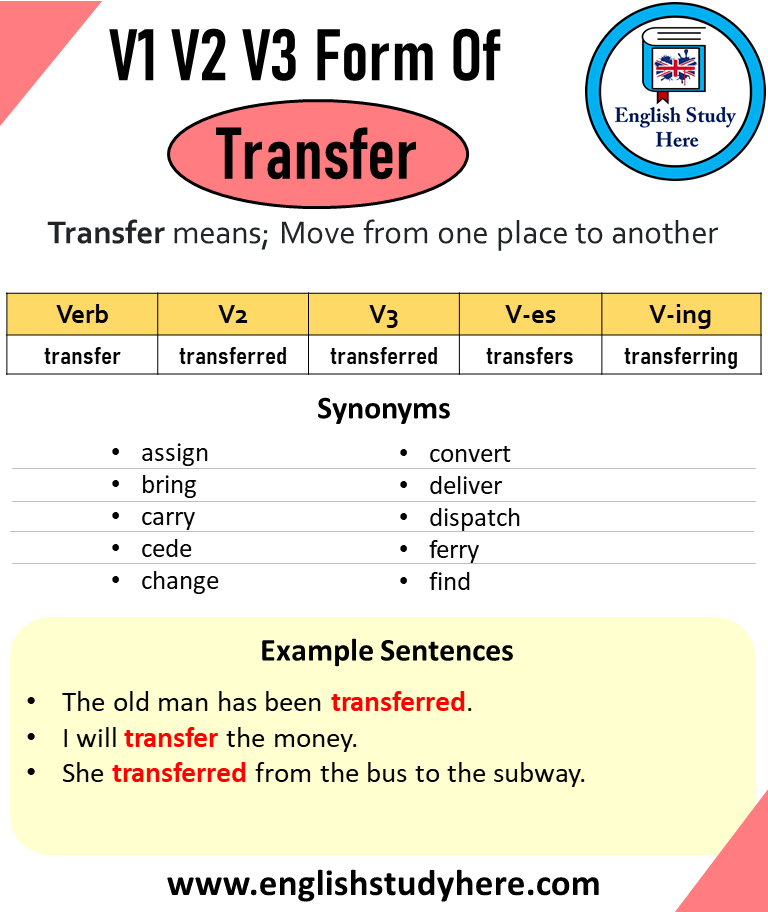
Credit: englishstudyhere.com
Conclusion
Understanding verb forms is crucial for language learners. “Transfer” changes in different tenses. Mastering V1, V2, V3, V4, and V5 forms helps communication. Practice these forms regularly for better clarity. Keep learning and improving your English skills. With time, using these forms will become natural.
Remember, practice makes perfect. Stay curious and explore more about verbs. Language learning is a journey worth taking. Keep at it. Happy learning!
